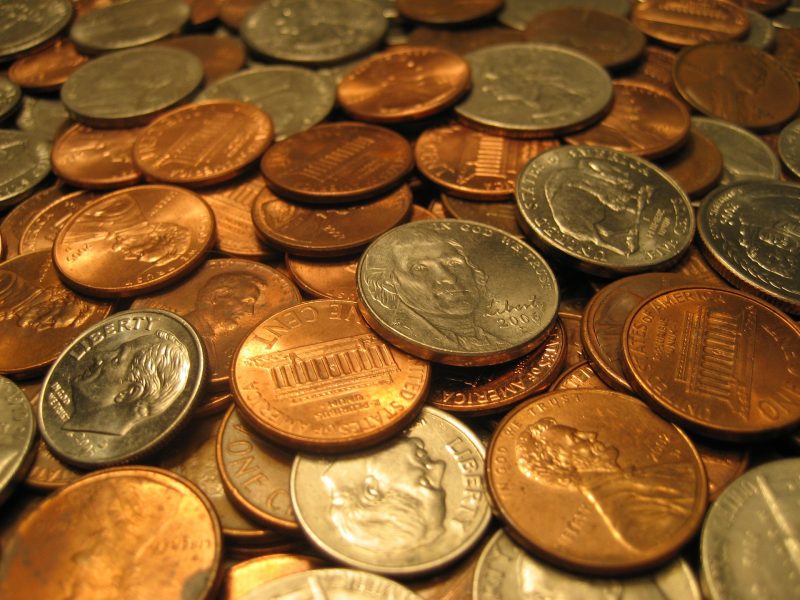Popular Posts
Is budgeting too hard for you? You’ve heard the preaching from personal finance gurus, chapter and verse: You have to have a budget. You must track every penny.
What about unexpected spending? Building an emergency fund? How do you even get started?
Having a budget can be a real eye-opener, but many Americans are just trying to pay down debt. It can be awfully hard to find ways to cut spending when credit card bills beckon.
The simple answer is to write down all of your debts. Add up your assets. Find your net worth, then update quarterly.

The trick is to round up all the debts, not just the ones that bug you. Your mortgage, escrow payment, car payment, your estimated tax payments, loans and credit lines — everything.
Put it all down on a simple spreadsheet and total them at the bottom. These are liabilities. Not your recurrent monthly cost of living, but money you owe.
Now pull down all of your bank account balances, your retirement plan balances, any and all things of value. Home equity, for instance, and current values of automobiles. If you want to drill down into smaller possessions, fine, but home and auto should do it.
These are your assets. Subtract liabilities from assets and you have your personal net worth.
Update his sheet every three months. If you find that you can shrink the liabilities steadily, then you know that you are working toward a balanced spending habit and, in time, a working budget.
If the liabilities are growing instead, it might be time to consolidate debts, close credit cards and cut back on spending. You definitely want to move the needle toward zero on the liabilities line.
Don’t beat yourself up if it doesn’t happen in six months or a year. People have debts, particularly homeowners. Repairs and maintenance cost money, and cars need gas and oil changes from time to time.
If anything, a personal net worth sheet can help you focus on the debts that you can and should control — high-interest revolving debt, store cards and the like. Focus on getting those down to zero early, then turn around and consider the remaining debts.
Once you break even, it’s time to create an emergency fund line on your sheet. The money you had been saving to pay debts now goes to that line. Put money in any time you like, but only worry about updating your sheet every 90 days.
It will fluctuate as you dip into savings from time to time. What matters is that, quarter to quarter, the emergency fund line is getting larger, not smaller.
Once you have this discipline, do you need a budget? A full budget might help you answer questions about your spending, for sure.
But just working out the big picture can have the same effect with far less stress and effort. After all, it will take time to get your financial picture where you want it to be — in the black for good.
MarketRiders, Inc. is a registered investment adviser. Information presented is for educational purposes only and does not intend to make an offer or solicitation for the sale or purchase of any specific securities, investments, or investment strategies. Investments involve risk and, unless otherwise stated, are not guaranteed. Be sure to first consult with a qualified financial adviser and/or tax professional before implementing any strategy discussed herein. Past performance is not indicative of future performance.